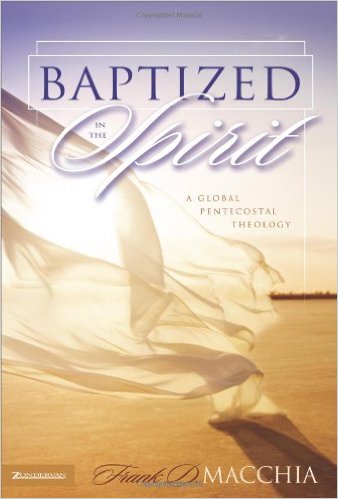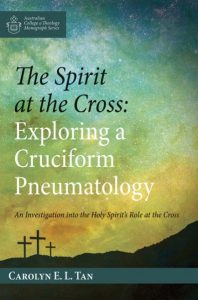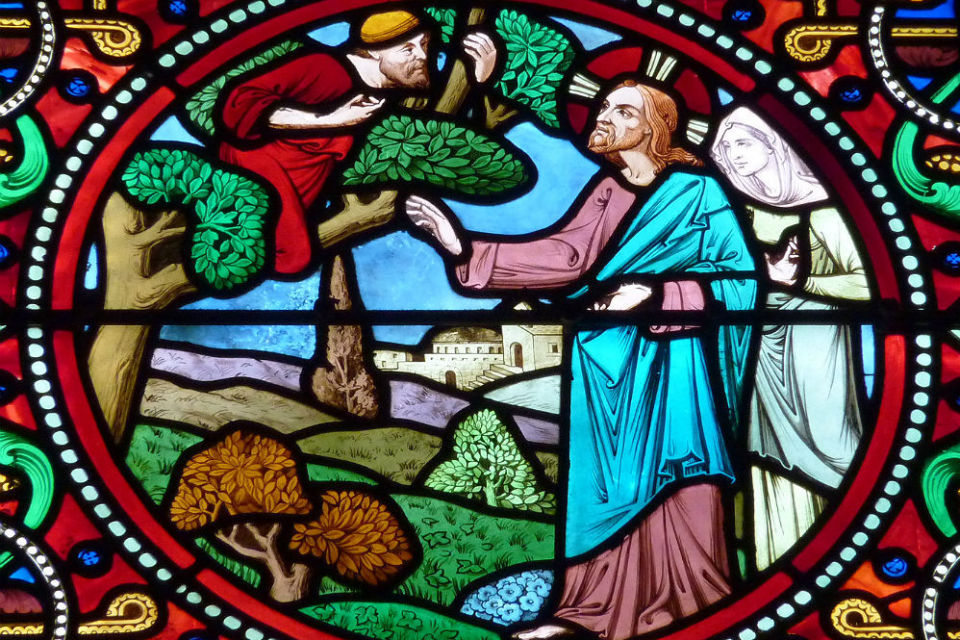 Chapter 5 Toward a Spirit-Baptized Ecclesiology
Chapter 5 Toward a Spirit-Baptized Ecclesiology
At 101-pages, this is easily the longest chapter in the book. The first half of the chapter is devoted to a number of sections in which Macchia details the approach he takes to ecclesiology, before an exploration of the classic marks of the church, and a consideration of preaching, sacraments and charismatic fullness as additional marks of the Spirit-baptised church. “The central thesis of this chapter is thus that Spirit baptism gave rise to the global church and remains the very substance of the church’s life in the Spirit, including its charismatic life and mission” (155, original emphasis).
Macchia begins with two sections that argue for a relational ecclesiology, in which koinonia is the central motif. The Holy Spirit is the mediator of communion both within the divine trinity and between God and humanity. Spirit-baptism is fundamentally a relational event which issues in the creation of the church as a new community with renewed human sociality. The church is to echo and embody the relationality and open hospitality of the holy Trinity.
The Spirit is the Spirit of communion. Spirit baptism implies communion. This is why it leads to a shared love, a shared meal, a shared mission, and the proliferation/enhancement of an interactive charismatic life. Spirit baptism thus implies a relationship of unity between the Lord and the church that is not fundamentally one of identity but rather communion. … Spirit baptism has a relational structure that has communion at its essence, the communion of self-giving love (156-157, 160).
Thus, “Baptism in the Spirit is baptism into an ecclesial dynamic, the ecclesial Spirit” (167, original emphasis). The church, grounded in the gift of the Spirit, is a network of “graced relationships,” a foretaste of the redemption to come. The ecclesial Spirit sanctifies and transforms us. The power of the Spirit for witness is not some external naked energy which comes upon the church for mighty works, but is primarily “the power of love at work among us” (177).
Koinonia is not simply a matter of redemption, for human being is ontologically relational—this is part of what it means to be in the imago Dei. Yet this relationally has been decisively distorted by sin. In redemption, the self is not obliterated but renewed. Macchia develops a relational and ecclesial anthropology in which the dialectic of the self-in-relation and the self-in-solitude (before God) constitutes true and free human being, and which issues in non-oppressive relations. Spirit-baptism decentres the self, renewing and re-establishing it on a new foundation in the love of God.
The Spirit is the one in the many. This Spirit brings people into the common life of the divine communion in a way that does not abolish their otherness but rather enhances and fulfills it. They are stripped of their self-centered tendencies and liberated to be all that they were meant to be in the midst of their uniqueness (176).
A second set of sections deals with problematic matters in ecclesiology, the challenge of pluralism on the one hand, and the relation of church and kingdom on the other. With respect to the challenge of pluralism, Macchia insists that the claim of the church is grounded in the resurrection of Jesus Christ, who, as the risen and ascended Lord, is the Spirit-Baptizer, the one alone who can and does bring us into fellowship with God. His gift of the Spirit demonstrates and confirms his deity, and hence his uniqueness and pre-eminence.
Yet, the Pentecost event is also inherently and radically plural and inclusive—as witnessed in the gift of tongues from all nations. Thus, the church also is a plural and inclusive company, rather than a hierarchical and domineering institution. Macchia insists that ecclesiology must be both christological and pneumatological. To emphasise only one side or the other is to lose the dynamic of the church which is grounded in the pre-eminence of Christ as the saving revelation of God, and/or the diversity and relationality of the church grounded in the baptism of the Holy Spirit.
At Pentecost, the legitimate reaching for God implied in various cultures and religious expressions finds fulfillment in the grace of God revealed in the crucified and risen Christ as the one who imparts the Spirit in the latter days. Their differences and past histories are not dissolved but affirmed and granted a new loyalty and a new direction. In the process all idols are forsaken and the cultures are pruned. But the critical pruning is demanded of the church as well. Though the church is the central locus of the kingdom of God in the world, the church is also a loving fellow traveler with the world’s religions while pointing them to the superiority of Christ. Spirit baptism can be developed so as to respond to [the] critique of ecclesiastical superiority in the world but in a way that rejects [the] reduction of Jesus to simply one symbol of the sacred among others (188).
The offence of the Christian claim remains:
Drawing the boundaries of the Spirit Baptizer to Christ alone is exclusivistic Christologically, but…we deal here with an exclusivism of Christ “and not with the self-serving principle of sectarianism.” It is an exclusivism of the one who is uniquely inclusive on the ecclesiological level. … There is simply no way of eliminating the risen Christ as the Spirit Baptizer from the gospel without affirming another gospel (189, original emphasis).
Finally, Macchia argues that the relation of the church to the kingdom must be understood dialectically, whereby there can be neither separation nor identification of these two realities. The church is not the kingdom, but is established by the kingdom as its witness and sign (191-192; cf. 165).
There is no critical dialectic between Jesus and the Spirit. He is the king and the Spirit the kingdom. But, as noted above, there is such a dialectic between the Spirit/kingdom and the church. Thus, the church is not the final word but a penultimate witness to the word of the kingdom who is Christ (192).
Indeed, Macchia suggests that the church will ultimately “exhaust” its purpose when in the eschaton it is “caught up in the more expansive new Jerusalem” (166). This eschatological reserve, together with the knowledge that the church is the church of the Crucified, helps keep the church from being triumphalist. Any continuity between the kingdom and the church is established as a gift by divine grace and is never the possession of the church in itself. The church may strive toward the kingdom, but does so in a spirit of repentance, witness and obedience (197).
 Congratulations to Carolyn Tan on the publication of her book, The Spirit at the Cross.
Congratulations to Carolyn Tan on the publication of her book, The Spirit at the Cross.





